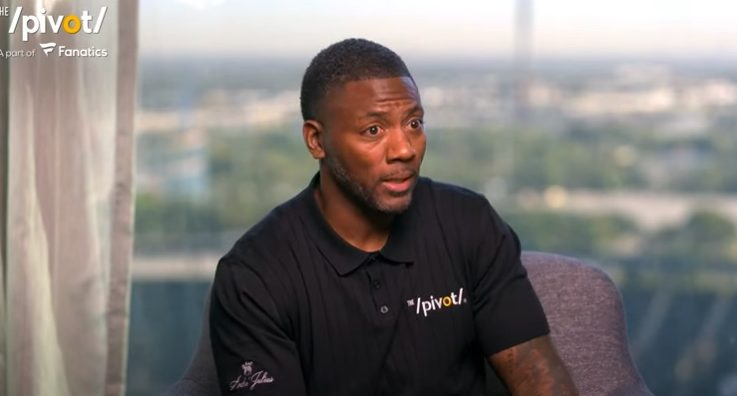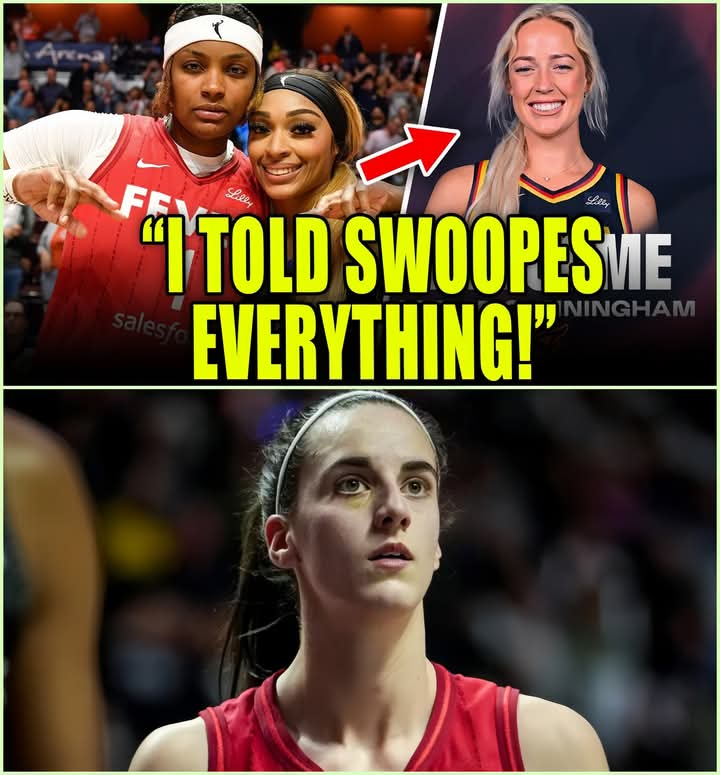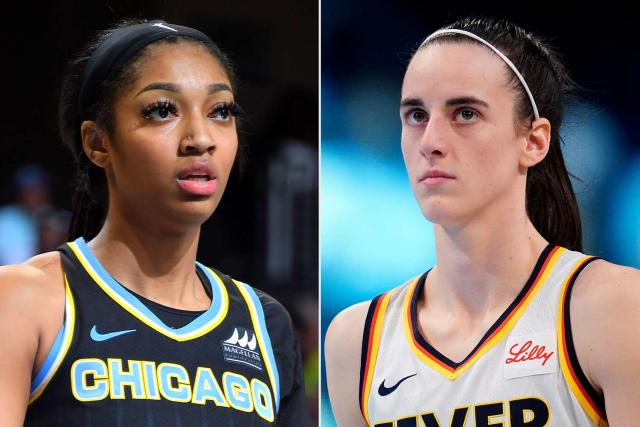
Caitlin Clark, a rising WNBA star and cultural figure, has found herself at the epicenter of heated cultural debates following her recognition as Time Magazine’s “Athlete of the Year.” In her feature interview, Clark addressed the concept of “privilege” in a predominantly Black league, sparking intense reactions across both sports and media landscapes. Her candid acknowledgment of racial dynamics within the WNBA has reignited discussions about equity and representation in professional sports.
“I want to say I’ve earned everything, but as a white person, there is privilege,” Clark remarked in Time. She highlighted the foundational contributions of Black players to the league’s history, emphasizing the importance of recognizing, investing in, and elevating these athletes. Her thoughtful commentary underscores her desire to foster appreciation and equality within the WNBA while advocating for continued visibility and support for Black women athletes.
Ryan Clark, ESPN NFL analyst and host of The Pivot, offered his perspective on the controversy. Praising Caitlin Clark’s achievements, he acknowledged her pivotal role in popularizing women’s basketball alongside figures like Angel Reese and Dawn Staley. “Caitlin’s awareness of her privilege and her respect for the contributions of Black women are remarkable for her age,” he noted, adding that her statements embody the unity and understanding that sports ideally represent.
However, Caitlin Clark has faced backlash, including criticism from conservative media figures such as Megyn Kelly, who mischaracterized her comments. Ryan Clark defended her, stating, “She’s being attacked even by those who share her background, simply for being an ally. All she’s ever wanted was to be part of the team, not a symbol or a trophy piece.” Caitlin, for her part, has chosen to rise above the criticism, maintaining focus on her principles and her game.
This saga reflects a broader cultural dynamic where nuanced conversations are often overshadowed by polarizing narratives. Caitlin Clark’s recognition of the WNBA’s history and her thoughtful advocacy for Black athletes are far from controversial in context. Yet, in today’s media climate, even earnest statements are weaponized for ideological battles. While Clark continues to navigate these challenges with grace, her story is a stark reminder of the intersection between sports, identity, and public discourse.




